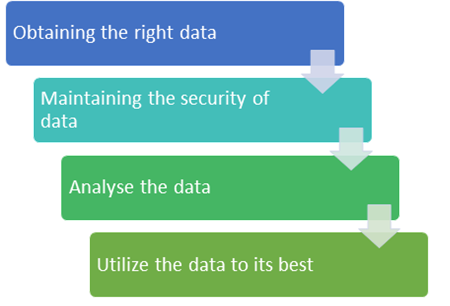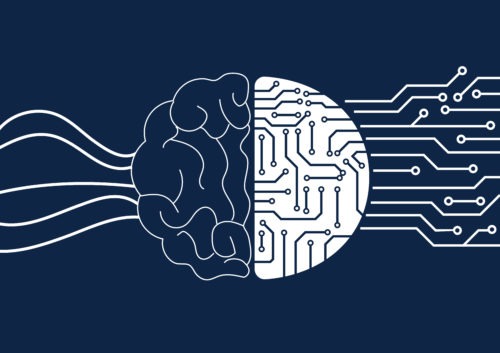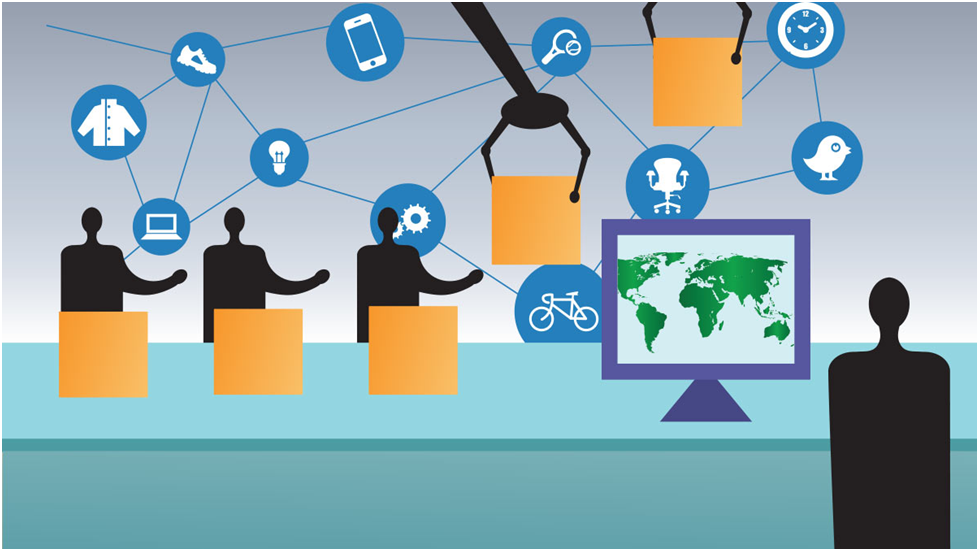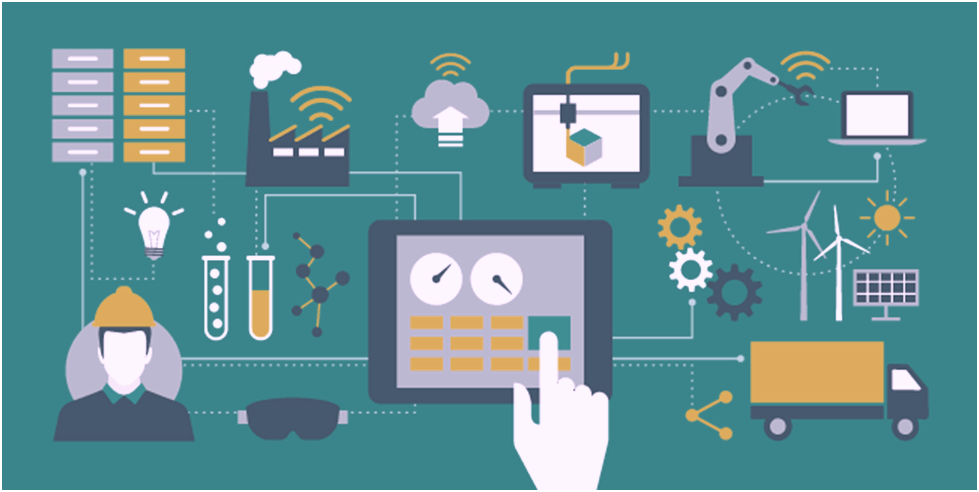Digital transformation
The incorporation of digitizing the data introducing digital technology to the processes is known as digital transformation.
As per the words of Greg Verdino,
- Digital transformation closes the gap between what digital customers already expect and what analog business actually delivers.
Digital transformation is a matter of survival. Nowadays, every industry wants to digitize its processes since it will result in their growth and thus will increase the revenue.
Benefits of Digital Transformation:
- Technology is evolving at an exponential rate thus making the processes digitize will help to increase the revenue.
- Through digital transformation, the data has become more useful, predictive maintenance is one of the key factors.
- The importance is of data, not just big batches of data in fact real-time data, the data related to your ongoing processes and history of processes which helps the concerned person to make the right decisions which lead to innovation and success.
- By using the information from real-time data, industries have transformed their process for improved customer satisfaction.
Digital transformation depends on data but the informative data depends on the collection of data, proper analysis of data, data security and also the application. Thus, the steps for digital transformation are:









